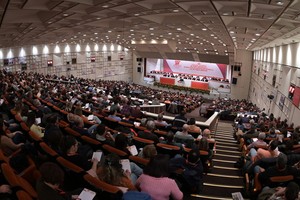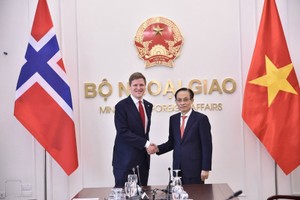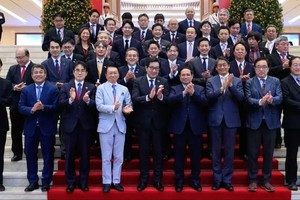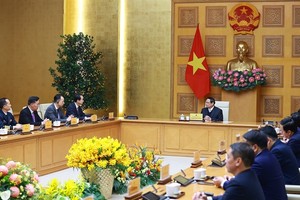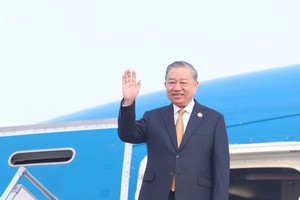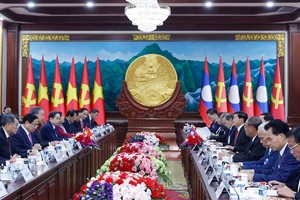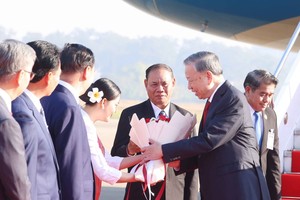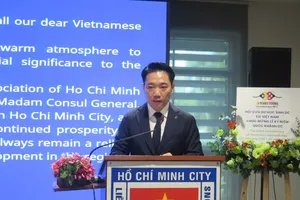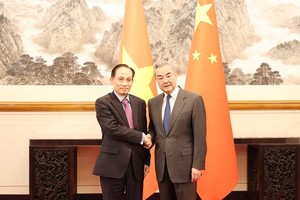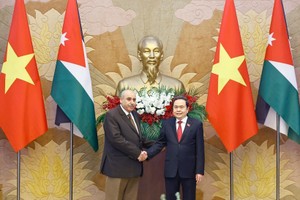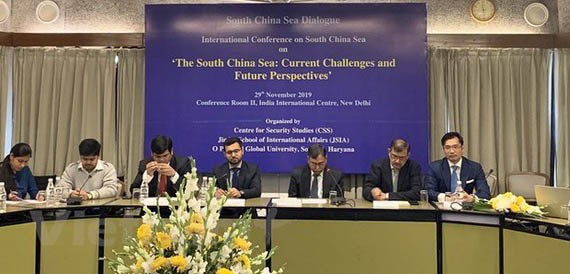
Participants highlighted the significance of the East Sea to international trade and maritime transportation, as nine out of 10 busiest container ports in the world are located in the East Sea and about US$5,000 billion worth of goods are transported through the sea each year.
They underscored that the East Sea is important to not only the Southeast Asian region but the whole world, including India. Developments in the sea directly impact India’s trade and economic interests.
According to scholars, China’s deployment of survey vessel group Haiyang Dizhi-8 and armed escort ships to Tu Chinh reef (Vanguard Bank) in Vietnam’s exclusive economic zone (EEZ) escalated tension and instability in the region, causing concern to the international community.
China’s moves also affected its image and reduced the international community’s trust in the country, they said, adding that China’s disregard of the Permanent Court of Arbitration (PCA)’s ruling in 2016 also challenged the rules-based global order which has been the foundation for stability at sea and navigation freedom.
At the event, the scholars affirmed that the United Nations Convention on the Law of the Sea 1982 can be considered the constitution for the seas. They called on all relevant parties to soon adopt a Code of Conduct in the East Sea (COC), thus ensuring peace and stability in the region.

